The European Parliament’s agriculture committee has voted on European Commissioner for Agriculture Phil Hogan’s CAP reform proposals.
As revealed by the Irish Farmers Journal in April last year, the proposals would see a CAP on direct payments of €100,000 and give the Irish Department of Agriculture more power to shape farm policies.
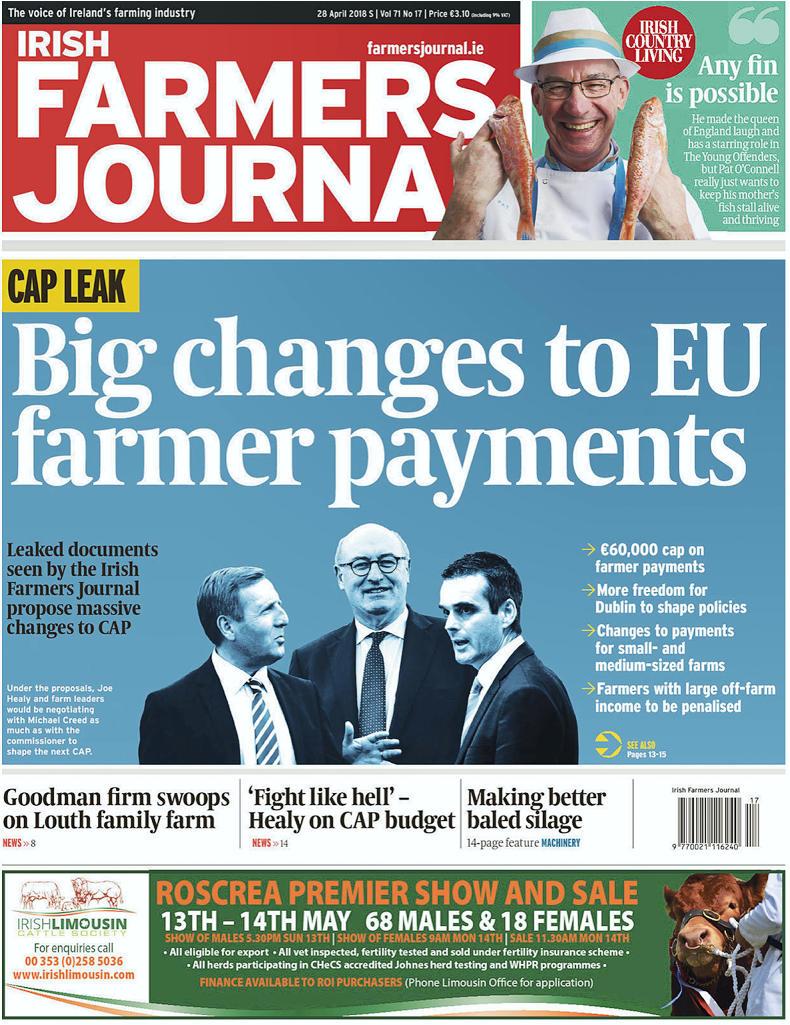
Commissioner for Agriculture Phil Hogan unveiled his CAP 2020 plans in April of 2018.
MEPs on the agriculture committee made a number of amendments to the original proposals and its two votes this week finalise its stance on CAP reform.
Members of the European Parliament’s agriculture committee approved reforms for the next CAP by 27 votes in favour to 17 against, with one abstention.
The next step would bring this opinion to the full Parliament after the European elections at the end of May.
However, the new Parliament may decide not to bring it to the full house and ask the new agriculture committee to have to look into the matter again.
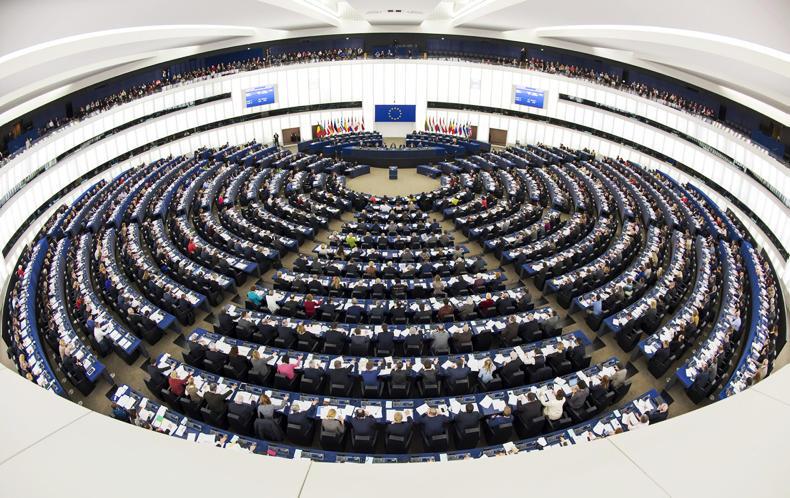
A new European Parliament will be elected between 23 and 26 May 2019.
What did they vote on?
Hogan’s reform proposes that member states would draft strategic plans, to meet certain targets, and these would be approved by the Commission before being implemented. However, MEPs say that this should be delayed to 2022 to allow time for adjustment.
The agriculture committee is in favour of allocating 60% of CAP monies to direct payments, at least 30% of the rural development budget to all types of environmental and climate-related measures and not less than 20% of the direct payments budget to one-fifth of direct payments for eco-schemes.
They are also are in favour of putting a 15% limit on transfer of money from Pillar I to Pillar II. The reverse would be limited to a maximum of 5% of monies in Pillar 2 transferred to Pillar I.
They also voted to end historical payments by 2027, moving towards a flat-rate BPS payment of €185/ha (€266 including greening).
There would also be a cap of €100,000 on direct payments, unless the member states implement a 10% redistributive payment.
MEPs are in favour of supporting digital and precisions farming and leaving room for a reduction scheme similar to that used in 2015 and 2016 to address the milk crisis.
Read more
Fears young farmers will lose out in next CAP
The European Parliament’s agriculture committee has voted on European Commissioner for Agriculture Phil Hogan’s CAP reform proposals.
As revealed by the Irish Farmers Journal in April last year, the proposals would see a CAP on direct payments of €100,000 and give the Irish Department of Agriculture more power to shape farm policies.

Commissioner for Agriculture Phil Hogan unveiled his CAP 2020 plans in April of 2018.
MEPs on the agriculture committee made a number of amendments to the original proposals and its two votes this week finalise its stance on CAP reform.
Members of the European Parliament’s agriculture committee approved reforms for the next CAP by 27 votes in favour to 17 against, with one abstention.
The next step would bring this opinion to the full Parliament after the European elections at the end of May.
However, the new Parliament may decide not to bring it to the full house and ask the new agriculture committee to have to look into the matter again.

A new European Parliament will be elected between 23 and 26 May 2019.
What did they vote on?
Hogan’s reform proposes that member states would draft strategic plans, to meet certain targets, and these would be approved by the Commission before being implemented. However, MEPs say that this should be delayed to 2022 to allow time for adjustment.
The agriculture committee is in favour of allocating 60% of CAP monies to direct payments, at least 30% of the rural development budget to all types of environmental and climate-related measures and not less than 20% of the direct payments budget to one-fifth of direct payments for eco-schemes.
They are also are in favour of putting a 15% limit on transfer of money from Pillar I to Pillar II. The reverse would be limited to a maximum of 5% of monies in Pillar 2 transferred to Pillar I.
They also voted to end historical payments by 2027, moving towards a flat-rate BPS payment of €185/ha (€266 including greening).
There would also be a cap of €100,000 on direct payments, unless the member states implement a 10% redistributive payment.
MEPs are in favour of supporting digital and precisions farming and leaving room for a reduction scheme similar to that used in 2015 and 2016 to address the milk crisis.
Read more
Fears young farmers will lose out in next CAP





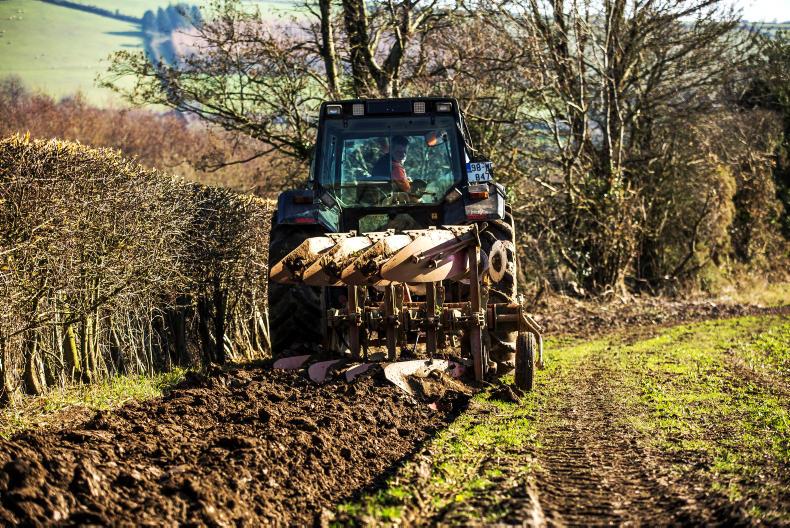



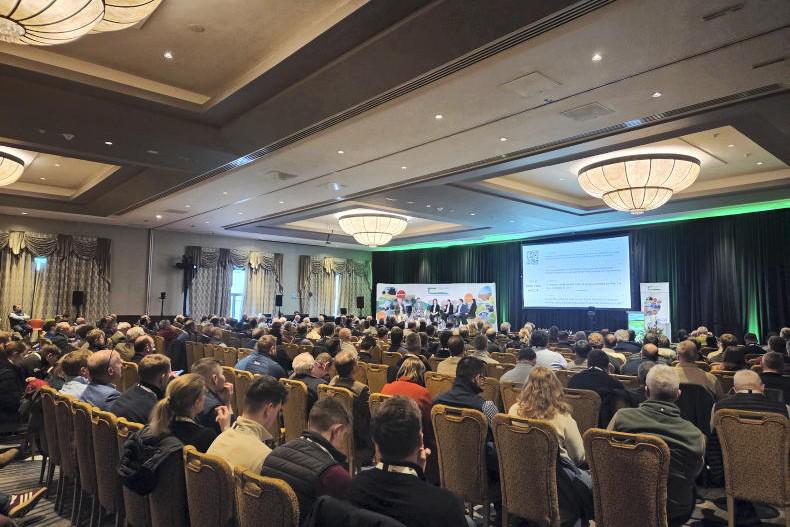

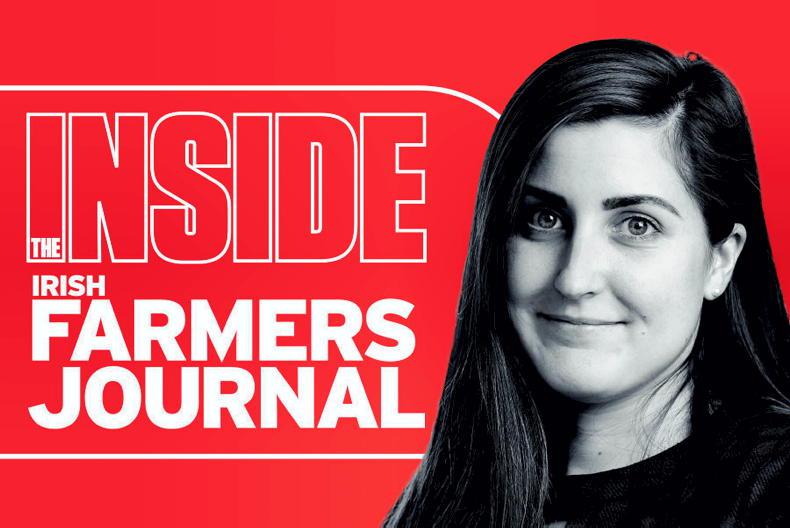
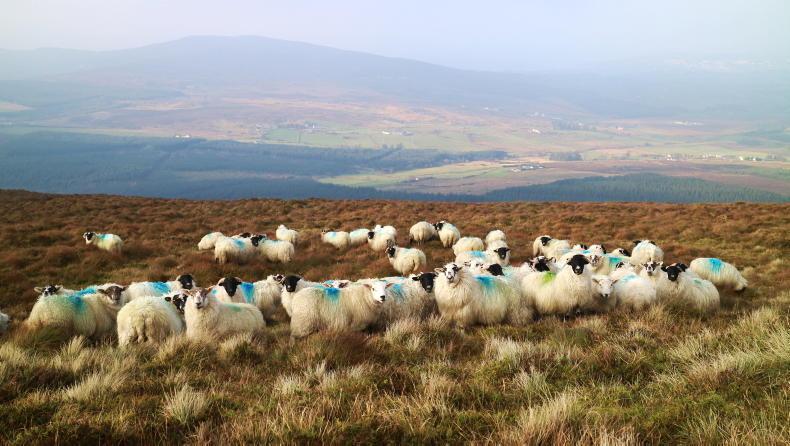
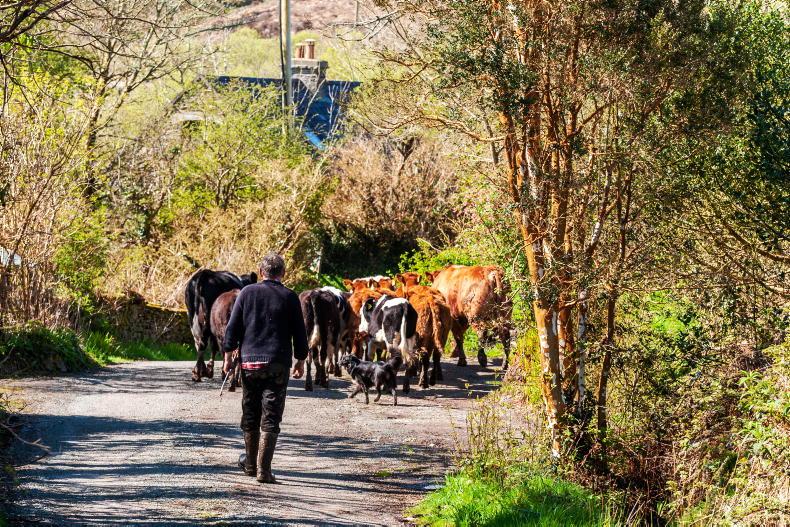
SHARING OPTIONS